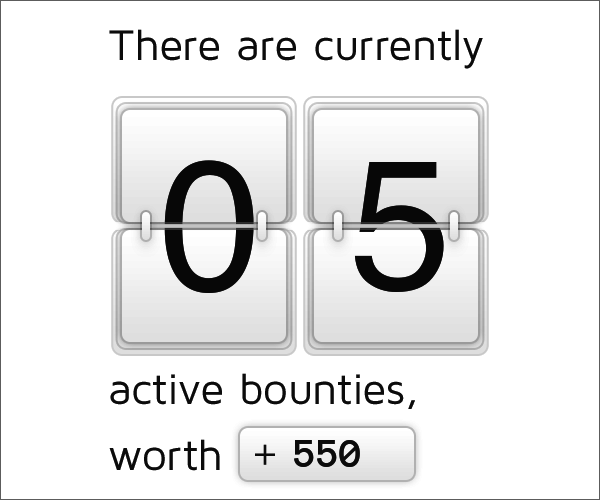Input:
- An array containing three integers:
0,1and2in any order (i.e.[2, 0, 1]) - And a string of length >= 2 only containing alphabetic letters (both lower- and uppercase) and digits (i.e.
a1B2c3)
Output:
Based on the array we sort and output the string.
How does this work?
- The array indicates the order precedence of
a-z,A-Zand0-9, the first being0; second being1; and third being2. - The individual characters of the string can then be ordered based on that.
Example:
- Array:
[2, 0, 1] - String:
a1B2c3
Based on the array, we know our order precedence is 0-9a-zA-Z.
Based on that, we can convert and output the string: 123acB.
Challenge rules:
- For the array you can choose to use 0-indexed or 1-indexed input, so
[3, 1, 2]is also a valid input if you prefer to use 1-indexed arrays. - The string (both input and output) only contains valid characters:
abcdefghijklmnopqrstuvwxyzABCDEFGHIJKLMNOPQRSTUVWXYZ0123456789. - If your language doesn't support arrays (or if you choose to), you are free to use strings instead of arrays for the first parameter (i.e.
012,[0,1,2], etc.).
General rules:
- This is code-golf, so shortest answer in bytes wins.
Don't let code-golf languages discourage you from posting answers with non-codegolfing languages. Try to come up with an as short as possible answer for 'any' programming language. - Standard rules apply for your answer, so you are allowed to use STDIN/STDOUT, functions/method with the proper parameters, full programs. Your call.
- Default Loopholes are forbidden.
- If possible, please add a link with a test for your code.
- Also, please add an explanation if necessary.
Test cases:
[2, 0, 1] & a1B2c3 -> 123acB
[2, 1, 0] & aAaA909UuHWw9gh2 -> 02999AAHUWaaghuw
[2, 1, 0] & 6Bx43 -> 346Bx
[1, 0, 2] & jfjf33g -> ffgjj33
[0, 2, 1] & AbC13 -> b13AC
[1, 2, 0] & Qfl0l -> Q0fll
[0, 1, 2] & 9870abcABC -> abcABC0789
[0, 2, 1] & test123 -> estt123
[2, 0, 1] & WHAT -> AHTW
[2, 0, 1] & WhAt -> htAW
[1, 0, 2] & 102BACbac -> ABCabc012

"123"be a valid format for the first parameter? – Mego Jul 13 at 8:04123,012,[0,1,2],[0, 1, 2],0;1;2or whichever you prefer. – Kevin Cruijssen Jul 13 at 8:14